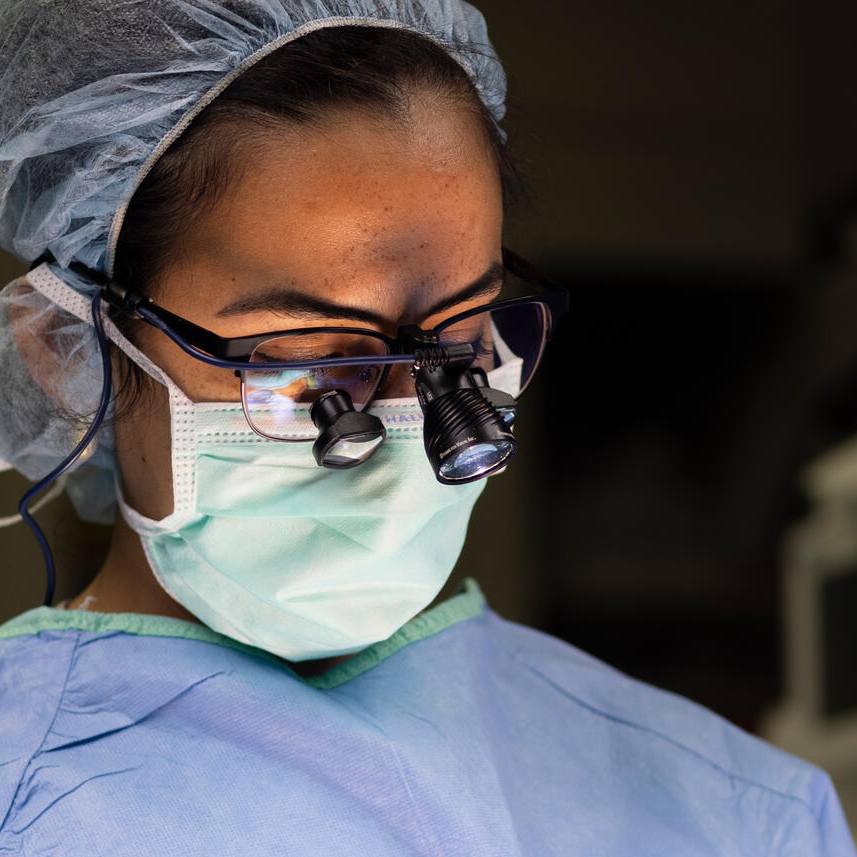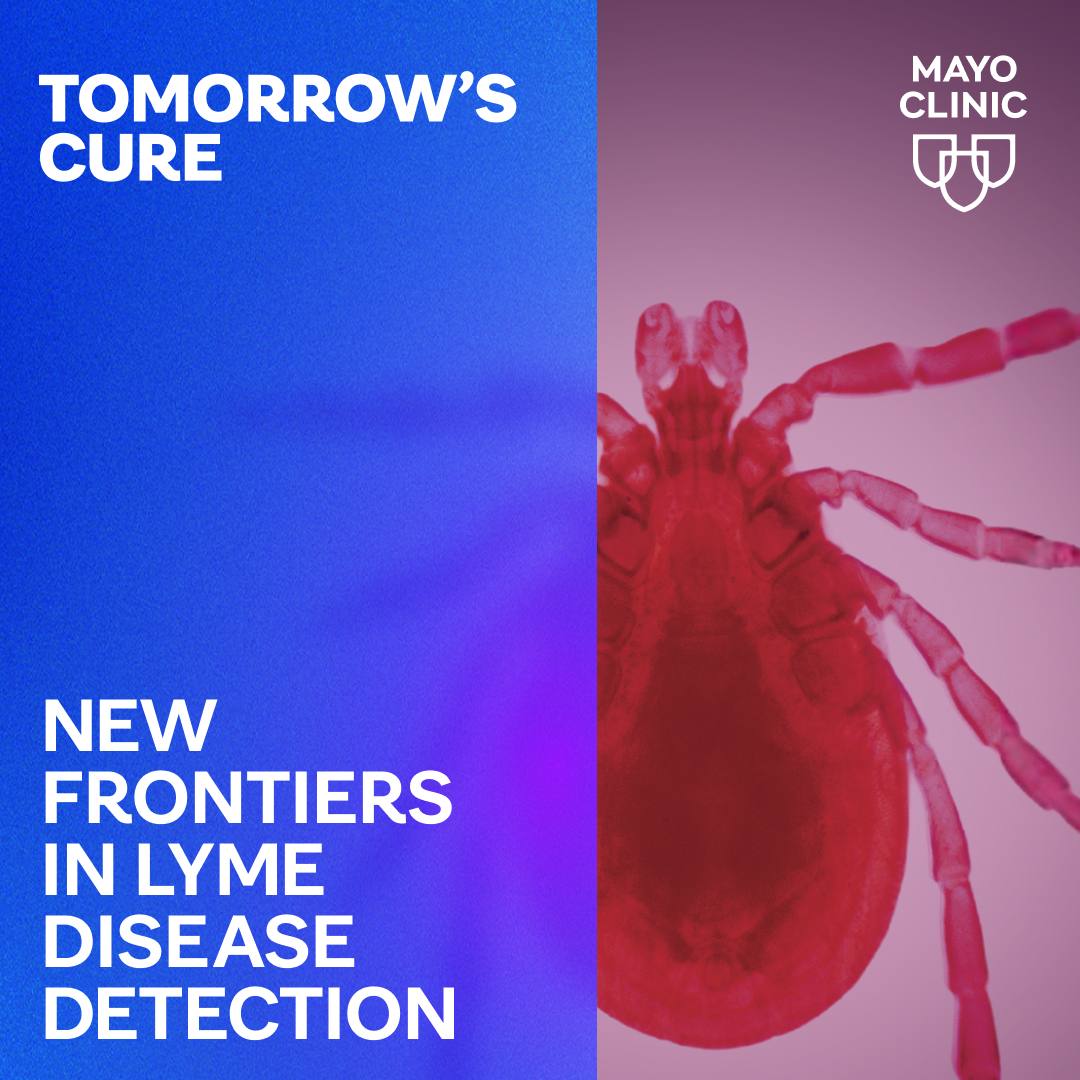-
Innovating to expand health equity research
Mayo Clinic's Center for Health Equity and Community Engagement Research, now in its third year, is bustling with activity ― constantly innovating to promote health equity in all aspects of health care and research. The center was formed in 2019 by merging the Office of Health Disparities Research and the Office for Community Engagement in Research.
Monica Albertie, operations manager, acknowledges the many definitions of health equity, but says her favorite is one of the simplest. "Health equity is achieved when every person has the opportunity and freedom to 'be well,' whatever the definition of wellness means to them," Albertie says.
Chyke Doubeni, M.B.B.S., leads the center as director. "We've made great strides in cultivating research and programs to eliminate health disparities and enhance community capabilities," Dr. Doubeni says. "Our goal is to accelerate the impact of Mayo's resources and scientific discoveries in underresourced rural and urban communities through translational research. One of our most important objectives is to increase the inclusiveness of our clinical studies to expand the benefit of discoveries to as many patients as possible."
Inside the walls of Mayo, the center is executing strategies to recruit and train a diverse research workforce and provide critical infrastructure and expertise to support the advancement of health equity research.
In the communities Mayo Clinic serves, the center is advancing collaborative partnerships with community leaders and organizations to promote inclusive research participation and improve health outcomes.
Building Mayo's health equity research workforce
The Center for Health Equity and Community Engagement Research is a hub for a team of expert clinicians, scientists and program administrators. With operations at Mayo Clinic in Arizona, Florida and Rochester, the center continues to build its team.
"We recently welcomed Folakemi Odedina, Ph.D., an internationally recognized research and academic leader, as the inaugural associate director for Health Equity Research and Community Engagement at Mayo Clinic's campus in Florida," says Dr. Doubeni. "Her expertise will accelerate our efforts in promoting health equity and inclusive research."
Visit the center's website to view a list of center leaders and staff.
Catalyzing research to improve health
Through research, the center improves the health of communities and eliminates disparities in preventable illness and death.
Priority areas include:
- Community-engaged research
- Research to address social determinants of health for rural and urban communities, including health promotion and disease prevention
- Advancement of the science of community engagement
- Clinical trial participant diversity
- Global health equity
The center's research activities are tied to the results of Mayo Clinic's Community Health Needs Assessments, which is conducted in the communities Mayo serves.
Collaborating with community organizations
The Center for Health Equity and Community Engagement Research collaborates with community organizations to ensure that research addresses community health priorities. The center is working to strengthen partnerships to improve access to evidence-based interventions and enhance capacity for research with priority populations, including ongoing efforts to address the effects of the COVID-19 pandemic. The center participates in the national Community Engagement Alliance (CEAL) against COVID-19 disparities, which is supported by the NIH.
Working across Mayo
- Arizona
Mayo Clinic is helping lead CEAL research. In September 2020, researchers from Mayo Clinic, Northern Arizona University, the University of Arizona, Arizona State University, and the Arizona Community Health Workers Association formed the Arizona CEAL consortium. This consortium is designed to foster engagement with communities that have been disproportionately affected by the COVID-19 pandemic. On April 29, the NIH announced $29 million in additional grants to help sustain and extend the CEAL program to more states and the University of Puerto Rico. The NIH previously awarded $12 million in September 2020 to support the program. - Florida
Mayo Clinic is expanding its Wellness Rx Jacksonville Program to Arlington, Wellness Rx is a collaboration with community organizations to address health disparities in communities that are underresourced in Jacksonville. The program promotes health and wellness through education and support for unmet social needs, including food insecurity. Wellness Rx began in 2017 in the New Town Success Zone area of downtown Jacksonville and expanded into nearby Arlington in 2021. - Minnesota
Black churches are trusted messengers of COVID-19 information to their communities. Early in the pandemic, Mayo researchers worked closely with Black churches on disparities in emergency preparedness and collaborated with them to disseminate culturally relevant, evidence-based health information. Feedback on program feasibility and acceptability was overwhelmingly positive from church and community leaders. This initiative was part of the Fostering African American Improvement in Total Health Program, or FAITH, which is led by LaPrincess Brewer, M.D., a Mayo Clinic cardiologist.
Looking to the future
Dr. Doubeni and other center leaders are working with stakeholders to develop and execute initiatives to increase community impact and create innovative solutions to health disparities.
The Center for Health Equity and Community Engagement Research, along with the Mayo Clinic Cancer Center and the Center for Clinical and Translational Science (CCaTS), developed Community Health Assets and Resilience Measures (CHARM), an initiative to identify key priorities and areas of programmatic focus. In addition, the program assesses key health indicators in the community and gathers the critical perspective of community members to guide Mayo Clinic in serving as a bridge to better health.
Learn more
Visit the Center for Health Equity and Community Engagement Research website.










